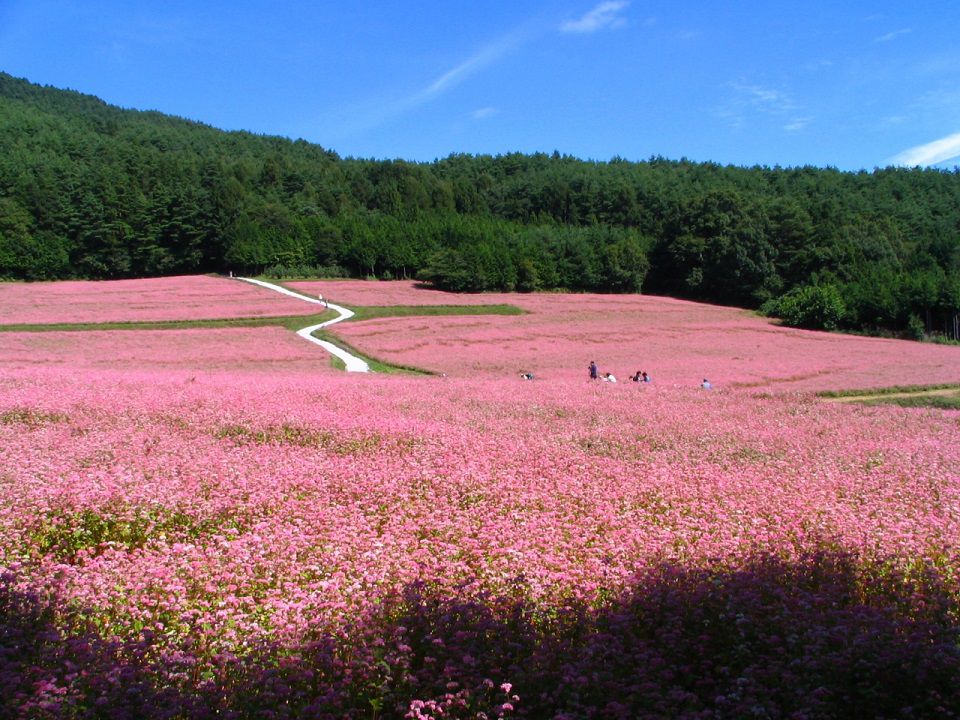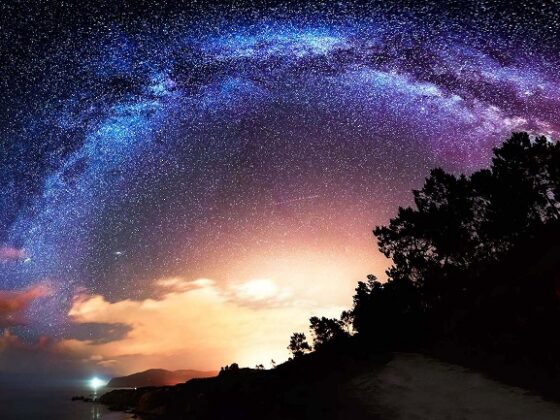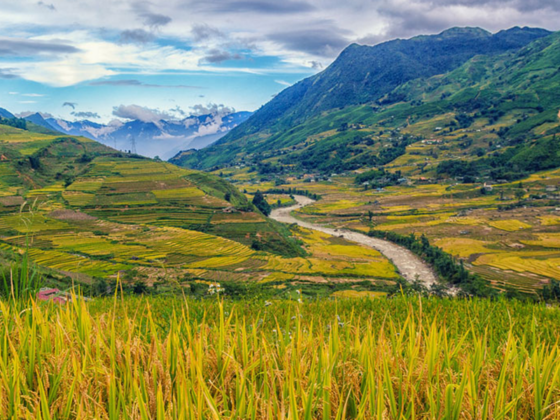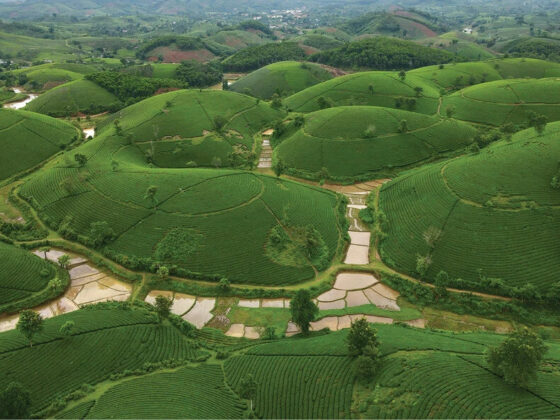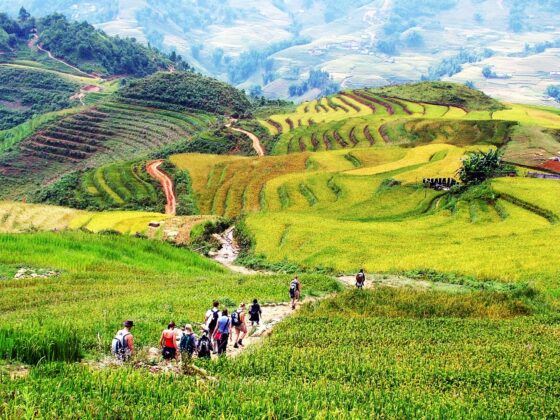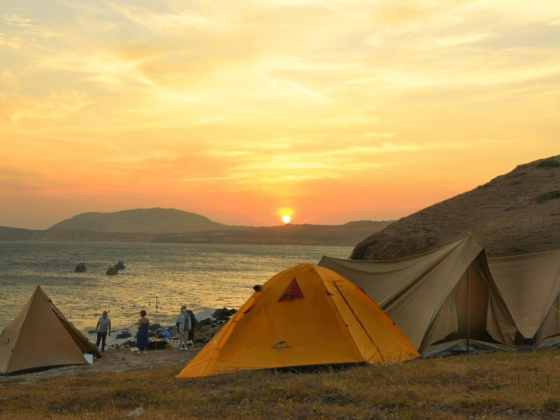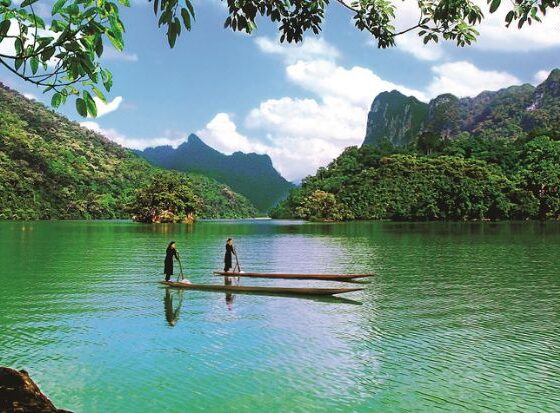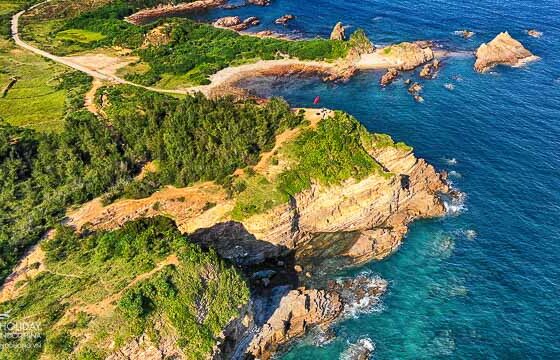Table of Contents Show
✍️ AI is summarizing:
There was a time when “adventure” meant movement. Fast, high, far. It meant conquering something, a summit, a distance, a fear. But these days, I find myself craving the benefits of silence in nature, seeking something different. Not more miles or medals. But more quiet. More space. More stillness.
Read more interesting posts here:
- More Than a Rule: How the Leave No Trace Principles Reflect Who We Are
- Eco-Chic Escapes: A Guide to Sustainable Glamping in Vietnam
- Blankets, Baskets & Breathing Room: Rediscovering the Joy of Picnic Culture
Discovering the surprising benefits of silence in nature
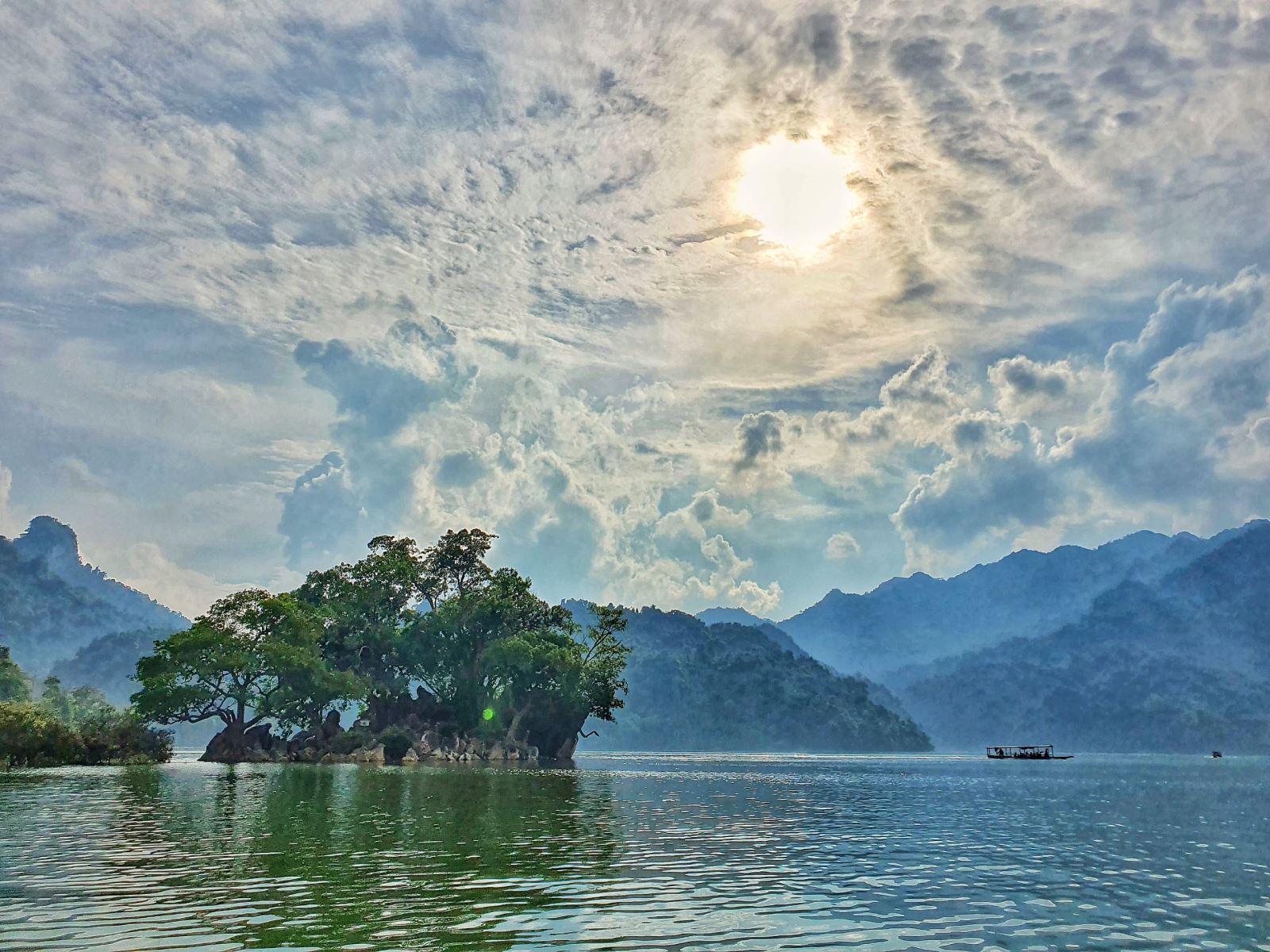
In a world that rewards noise, the most daring thing you can do might just be to slow down. I’ve learned that some of the most profound moments in nature happen when we stop moving. When we pause on the trail, sit beside a tree, or float on a quiet lake with no plan but to simply be. That kind of stillness isn’t passive, it’s intentional. And it’s here that we discover the true benefits of silence in nature. Vietnam, with all its vibrant energy, also holds quiet like few places I’ve known. You just have to know where to look.
Where to experience the benefits of silence in nature in Vietnam
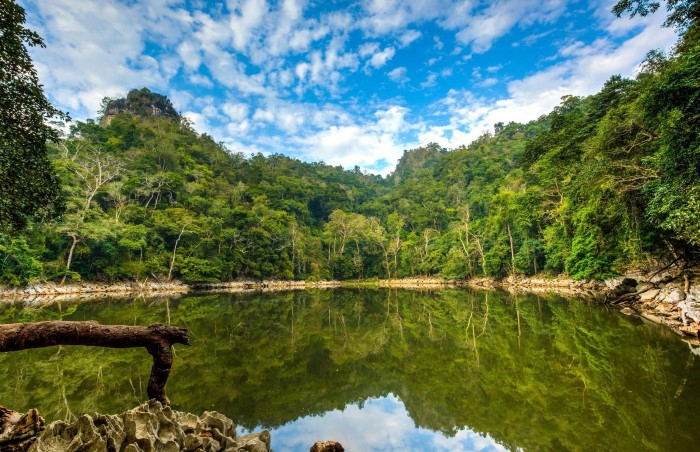
Start with Ba Be Lake in Bac Kan Province, a glassy stretch of freshwater tucked into the northern mountains. Early in the morning, mist clings to the surface like a whisper. This is where you find the benefits of silence in nature. You can sit by the water and hear only birdsong, the soft splash of a boat, and your own breath. There’s no rush here. Just time. Just reflection.
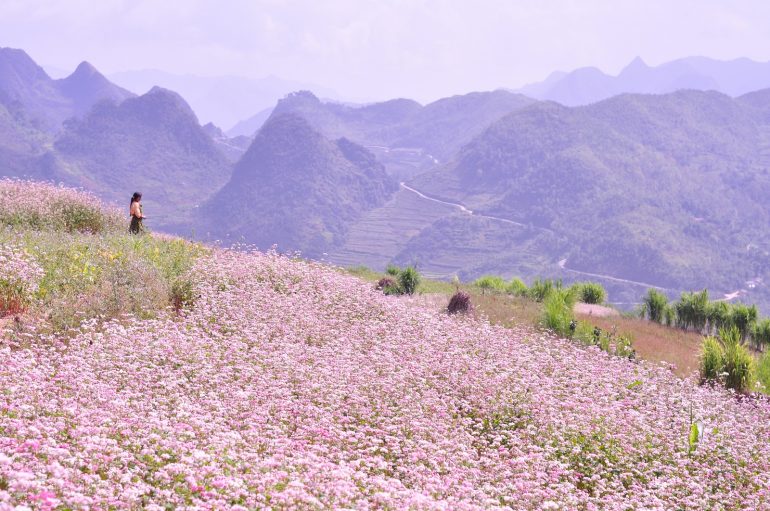
Or head north to Ha Giang, not for the winding motorbike loops or bucket list photos, but for the quiet in-between. Pull over along Ma Pi Leng Pass and sit. Don’t take a picture. Don’t reach for your phone. Just let the karst peaks hold your silence. I’ve done that, more than once. And each time, I leave feeling steadier.
In the central highlands, Lak Lake offers another kind of hush. You can watch the wind ripple across the water or walk along the banks past rice paddies and grazing buffalo. It’s not dramatic. It’s not flashy. And that’s exactly what makes it special.
The psychological benefits of silence in nature: finding clarity within
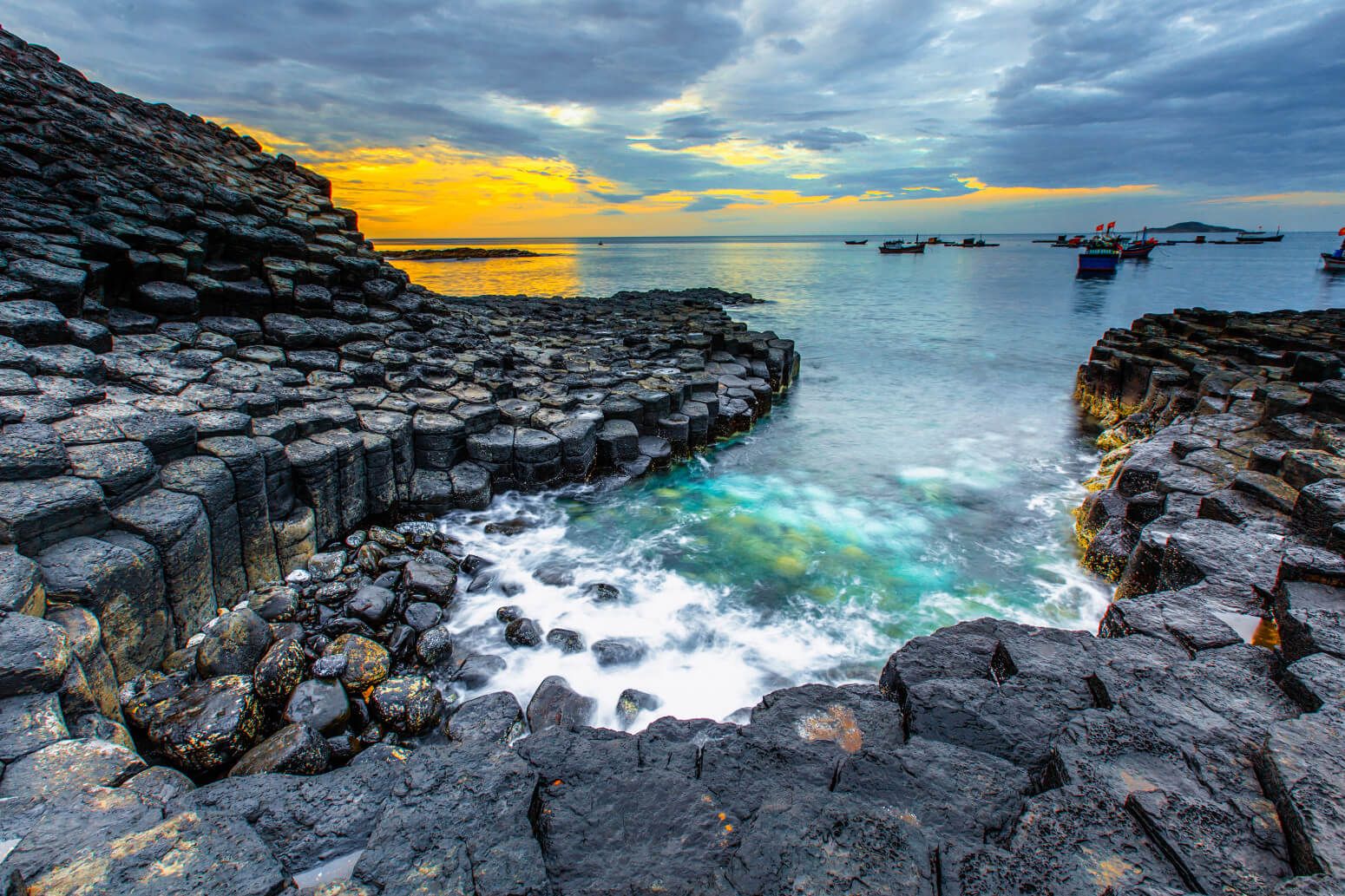
Even near the coast, there are pockets of peace. Ganh Da Dia in Phu Yen, often empty in the early morning, feels ancient and untouched. The rhythmic waves, the strange basalt formations, and the soft golden light, it’s meditative, even if you’re only there for half an hour.
Silence isn’t just a break from noise. This is one of the most powerful benefits of silence in nature: it acts as a form of clarity. Out there, without distraction, we come face-to-face with what’s really on our minds. And sometimes, that’s exactly what we need to hear ourselves, without interruption.
How technology can help you find your quiet space
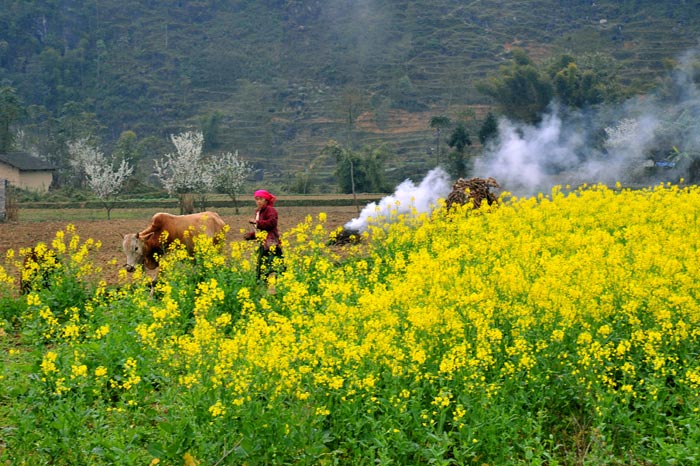
That’s where ExoTrails becomes more than just a guide. It helps me find not just trails, but moments where I can sit without being disturbed, routes that aren’t crowded, sunrise spots where I can breathe without rushing. It supports not just my movement, but my ability to access the benefits of silence in nature.
You don’t need a tent, or a tour guide, or a perfectly planned itinerary to find the benefits of silence in nature. You need an open heart, a willingness to be quiet, and maybe a thermos of tea. Because chasing silence doesn’t mean running from life. It means meeting it, fully. It means giving yourself permission to not be productive. To not narrate everything. To sit with your joy, your grief, your wonder and let the land hold it for a while.
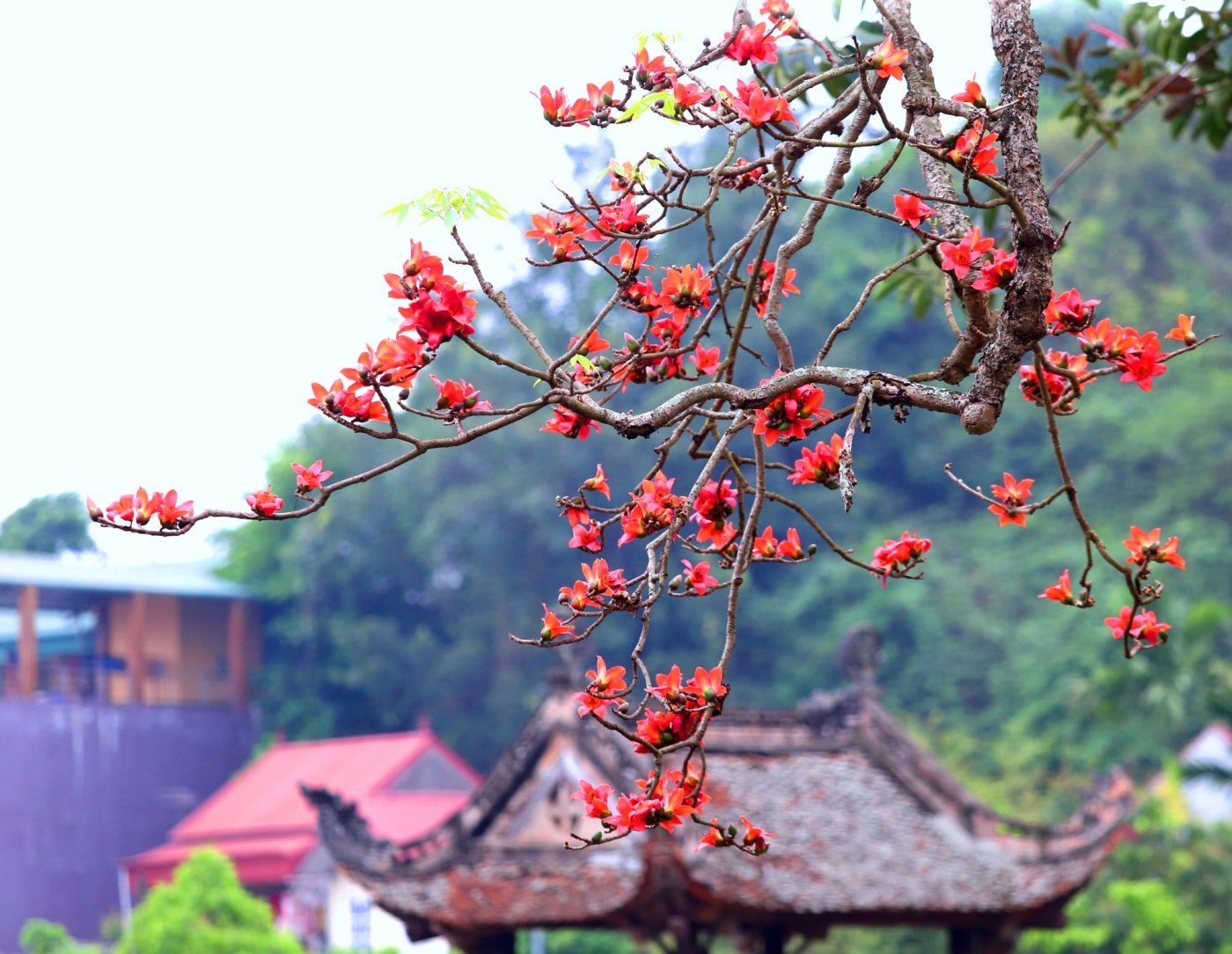
So, the next time you plan an outdoor escape, remember the benefits of silence in nature. Ask yourself: what if I didn’t do more? What if I just felt more? Find a quiet trail. Sit near a river. Watch the clouds drift across a Vietnamese sky. You don’t have to go far to find it. Just far enough to hear yourself again. And that, sometimes, is the bravest journey of all.
Conclusion
In the end, chasing silence isn’t about escaping the world, but about finding your place within it. The true benefits of silence in nature are not measured in the absence of noise, but in the presence of self. In Vietnam’s quiet corners, you don’t just find peace; you find the clarity and strength that were there all along, waiting to be heard.
Ready to find your own quiet adventure? Join our community of explorers in the ExoTrails Facebook Group and follow the ExoTrails Fanpage for daily inspiration and trail tips!
FAQs
1. Why is silence in nature so important?
It reduces mental clutter and stress, allowing for deeper self-reflection and a stronger, more mindful connection to your surroundings.
2. How does silence affect your brain?
Silence can help lower cortisol levels, reduce anxiety, and may even stimulate brain cell growth in regions related to memory and emotion.
3. What are some good places in Vietnam for a quiet retreat?
Ba Be Lake, the highlands around Lak Lake, and the less-traveled passes in Ha Giang are excellent for finding peace, quiet, and solitude.
4. Do I need to meditate to experience the benefits of silence?
Not at all; simply sitting quietly and observing your surroundings without distraction is enough to feel its powerful restorative effects.
5. How can I find quiet trails near me?
Use an app like ExoTrails to filter for less popular routes or explore local parks during off-peak hours like early mornings on weekdays.

